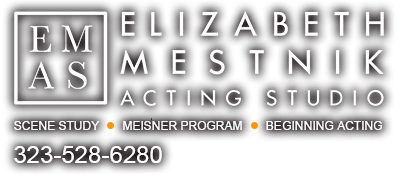The Meisner technique is just one of the many acting methods that can be learned at an acting school. This acting method was named after its creator, Sanford Meisner, a professional actor and acting coach at the Neighborhood Playhouse in New York. It was incepted in the 1940s and is still popular today. It’s also inspired by the Stanislavski’s system – a Russian-born acting method.
The Meisner technique involves a series of repetition by the person performing the exercise. It helps an actor make a scene more believable, as they get into character. As an actor, the technique is essentially asking you: How does it really feel to be in this person’s shoe? (the character you’re playing), and how can you draw upon your own experiences to connect with this character at an emotional level?
Benefits of the Meisner Technique:
The most beneficial aspect of this lesson is that actors will be able to adapt to a scene or circumstance, by living truthfully in the moment. It also helps actors learn more about and master improvisation.
Examples of famous actors who’ve benefited from this technique include Sandra Bullock, Grace Kelly, Dianne Keaton, and plenty more.
An acting school – a good one – can help actors in various stage of their acting career, master the technique, to ultimately be a better candidate for a role.
Course length times will vary from school to school, but as students, it’s important to do your own research to find an acting coach that teaches the Meisner technique the way the originator did.


